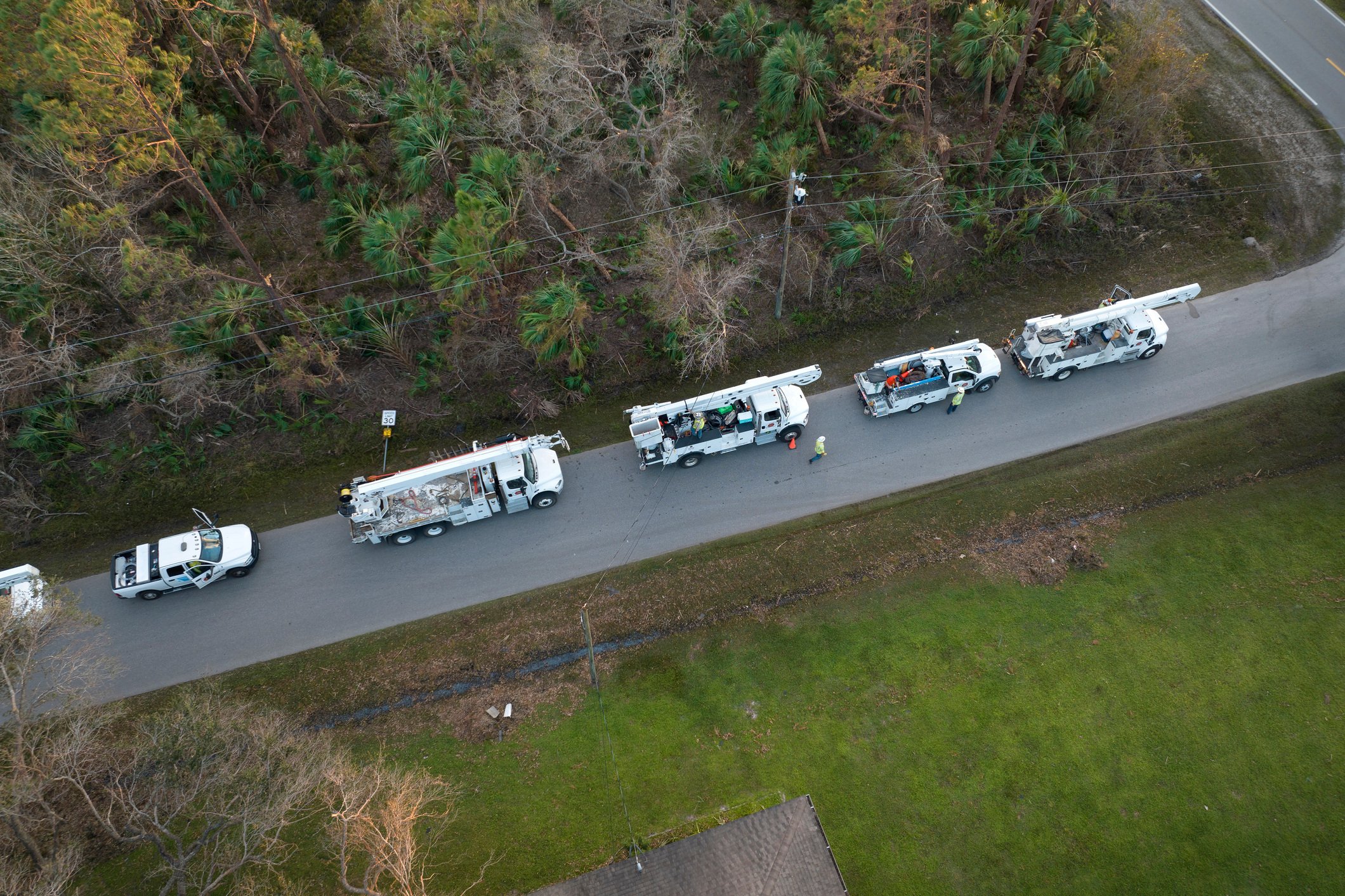The Importance of an Emergency Fueling Program

While numerous factors contribute to efficient fleet operations, one of the most crucial is ensuring you have a steady supply of reliable fuel. Unexpected disruptions to fuel availability can have severe consequences on your operations — and worse — your customers. That’s why having an emergency fueling program is a critical component of disaster preparedness that should be a top priority.
Keeping Your Business Fueled
Think of an emergency fueling program as an operations insurance plan. It ensures you’ll have the fuel you need to keep your operations up and running and your customers serviced and safe when a disaster or emergency occurs.
With Atlantic hurricane season ramping up — and predicted to be more active than usual — now is the time to talk with a reputable fuel provider about an emergency fueling program. With a program in place, you’ll gain peace of mind while benefiting from the operational advantages a program provides, such as:
- Mitigating Fuel Supply Disruptions: An emergency fueling program ensures you have a reliable backup source to obtain fuel whenever and wherever it’s needed.
- Minimizing Downtime: An emergency fueling program reduces downtime by providing your fleet with the necessary resources to keep your business moving forward.
- Fuel Cost Management: An emergency fueling program can lock in fuel prices with suppliers ahead of time, mitigating the effect of price spikes on your budget.
- Enhancing Business Reputation: An emergency fueling program demonstrates to employees, customers, the community, and investors that your company is prepared to maintain operations under adverse conditions. This benefits your company in the near term and enhances your reputation over the long term.
- Compliance and Safety: An emergency fueling program, beyond compliance for certain business sectors, helps prevent unsafe practices, such as drivers resorting to unauthorized or unsafe fueling methods during a fuel shortage.
Weighing the Provider and Program Options
Fuel providers will be busy servicing customers when a disaster or emergency occurs. So it’s crucial to have a program in place before an event happens.
Without a program in place, the chances of getting fuel are slim to none. If you’re lucky and find fuel, expect to pay more. That’s because fuel prices tend to skyrocket during a disaster or emergency due to supply and demand.
Emergency fueling program service levels and fueling equipment vary by provider. PS Energy, for example, offers three service-level options:
- Call On Demand: Network access and rapid deployment of resources dispatched on a “best efforts” basis. Depending on the scope of the disaster or emergency, all resources may be dedicated, so meeting your fuel needs is not guaranteed.
- Priority Service: Priority access to an extensive network of assets and resources.
- Dedicated Full Service: Priority access to an extensive network of assets and resources with custom equipment designed to your specifications. Fuel guaranteed.
Careful planning and collaboration with your fuel provider is critical to ensure their services and emergency fueling program will cover your needs. Start by determining the amount and type of fuel required to sustain your operations for a specified period.
If your provider can meet your requirements, make sure they also have the following capabilities, which are the components of a solid emergency fueling program:
- Experience and expertise in providing emergency fueling services
- 24/7 response
- Drivers with the skill set to maneuver difficult roads
- A secure and extensive national resource network
- Dedicated trucks or tank wagons with a range of fuel capacities
- The necessary equipment to directly fill above-ground and below-ground tanks, vehicles, and generators
- Dual-pump systems that can dispense both gasoline and diesel
- GPS dispatch and delivery for easy communication with the providers’ dispatchers and to check delivery status
Selecting the right fuel provider is critical in ensuring business continuity during a disaster or emergency. Being proactive and prepared is key to protecting your operations and customers.
Download our fleet emergency preparation checklist to cover your bases this hurricane season.